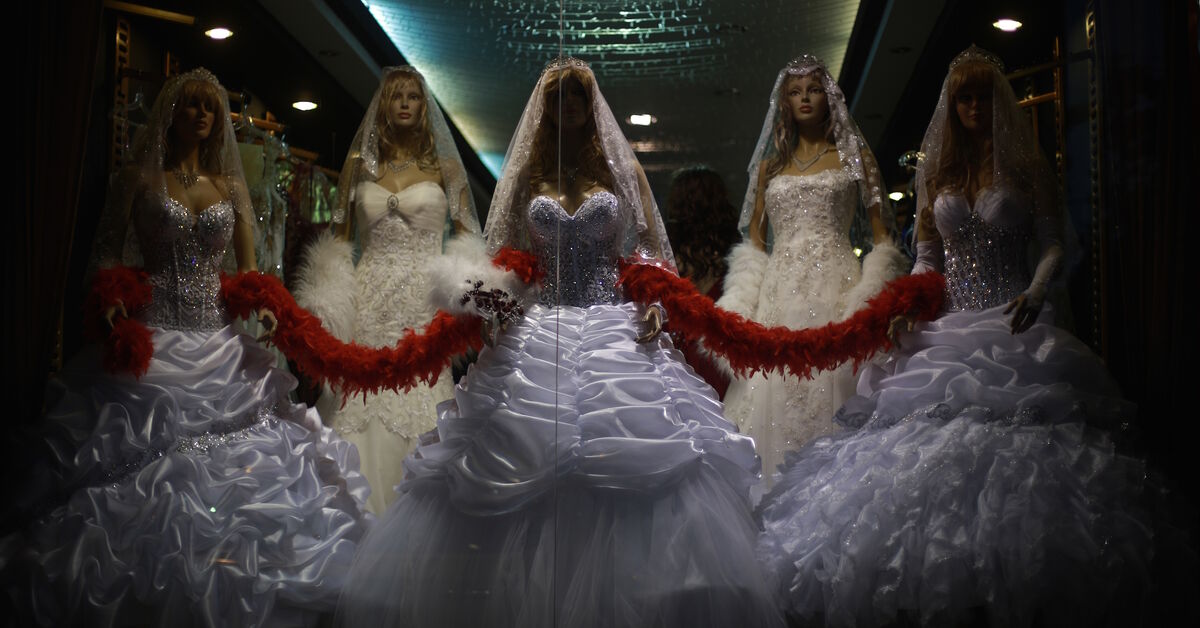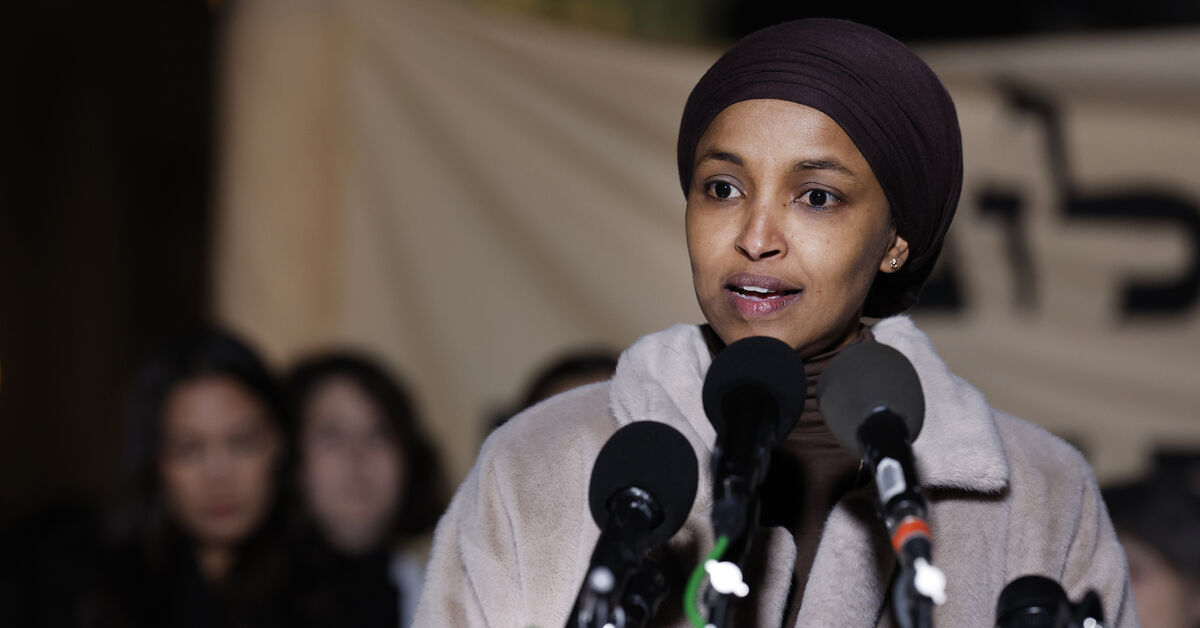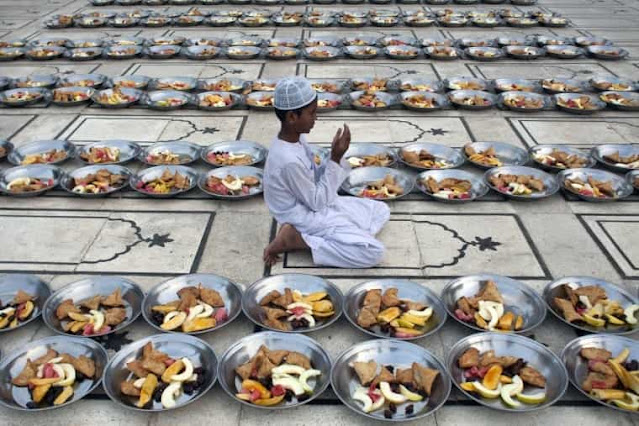
Dar Al Iftaa has issued a fatwa forbidding so-called tahleel marriages, or short-term, intermediate marriages through which a person marries a divorced lady for the only objective of creating it religiously permissible for her to remarry her first husband.
The newest fatwa published on Dar Al Iftaa’s official Twitter account condemns such marriages as “sinful,” or haram. The fatwa was welcomed by social media activists and ladies’s rights campaigners, the latter of who’ve lengthy known as for an finish to the archaic apply that discriminates in opposition to ladies. They’re hoping the non secular ban on the apply paves the way in which for laws criminalizing such marriages in Egypt.
Underneath Sharia legislation, a husband might remarry his spouse with out preconditions if he divorces her a few times. If, nonetheless, he divorces her a 3rd time, whether or not orally (by merely uttering the phrases “I hereby divorce you”) or by submitting for divorce in court docket, the divorce is irrevocable.
It’s sinful for the couple to wed once more after a threefold divorce except the divorced lady weds one other man and that second marriage is consummated. If it so occurs that the second marriage additionally ends in divorce or the loss of life of the second husband, solely then can the girl return to her former partner.
Muslim students argue this precondition is supposed to curb divorce, probably the most “detestable” of lawful acts within the eyes of God, based on a hadith, or saying, of Prophet Muhammad.
Some {couples} have however discovered a strategy to circumvent the Islamic ruling by resorting to tahleel marriage. In such circumstances, after an irrevocable divorce, preparations are made (usually by the husband himself or by his ex-wife’s household) for the girl to marry one other man, a so-called muhallil, for a brief time frame (generally lasting no a couple of night time and infrequently with out sexual activity) for the sake of legitimizing their reunion. The distinction between tahleel marriage and the Islamic ruling is that the previous is a sham marriage with a prearranged time restrict and infrequently with the muhallil (the second husband) getting paid to function an middleman.
Regardless of the non secular ruling in opposition to tahleel marriages, such marriages usually are not outlawed in Egypt and have even been promoted in TV cleaning soap operas, movies and theatrical comedies such because the long-running “El Wad Sayed El Shaghal” through which veteran actor Adel Imam performs the position of the muhallil.
In issuing the newest edict, Dar Al Iftaa cited the hadith of Prophet Muhammad narrated by his companion Abdullah Ibn Massoud: “Cursed is he who serves as a muhallil, and cursed is the (former) partner who permits his divorced spouse to enter a sham marriage (after their third, irrevocable divorce) for the sake of creating her lawful for him (the ex-spouse).”
The fatwa got here within the wake of the prosecution of a person who admitted throughout interrogation by prosecutors that he had married and later divorced no fewer than 33 divorced ladies throughout the span of the final two years in what he described as a “charitable” act to allow the ladies to reunite with their former spouses after the {couples}’ third divorce.
Mohamed El Mallah (the person in query), who’s married and works as an accountant, describes himself as a “lawful muhallil.” In a live interview in an episode of “Hadatha Price Masr,” a present broadcast on the satellite tv for pc channel MBC Masr, he was unremorseful, insisting he was “doing the best factor by saving households from destruction.”
“I married the ladies in compliance with Sharia legislation and with out in search of cost or reward,” Mallah stated.
It began when a colleague at work advised Mallah a few feminine buddy of hers whose husband had divorced her for the third time and urged that he do a charitable deed by appearing as a muhallil to permit the divorced lady to later return to her former partner, albeit with a brand new contract.
Mallah married the girl and divorced her three days later. He then met different divorcees in search of a muhallil by Fb, the place he promotes himself on his web page as a “lawful muhallil (who goals) to reunite divorced ladies with their former spouses.” A number of the different ladies he married had been launched to him “by frequent buddies” or “mutual acquaintances” who knew he was keen to repair damaged marriages for no cost.
Mabrouk Attia, a preacher and professor of Sharia at Al Azhar College who appeared on the present with Mallah, criticized the latter’s actions as “un-Islamic.” He argued that in Islam, marriage is predicated on mutual consent and not using a prearranged time restrict. If a husband annuls the wedding for a 3rd time, his former partner would wish to marry one other man (earlier than she will be able to return to him), however that (second) marriage ought to certainly not be a stepping stone to reunification along with her former partner, famous Attia.
Azza Soliman, a lawyer and human rights defender, affirmed that tahleel marriages do happen in Egypt and famous, “We don’t know how prevalent they’re as they’re not often publicly declared as such.”
“We discover {that a} lady whose husband has divorced her 3 times is registered as married to a different man,” Soliman advised Al-Monitor. “After a month or at instances, even per week, we discover her registered once more as a divorcee, having cited incompatibility or another cause as grounds for her divorce from her second husband.”
“The identical lady then remarries her earlier partner after observing the iddah,” Soliman stated, in reference to the three-month ready interval a Muslim lady observes after divorce or after the loss of life of her husband.
“There aren’t any statistics to point how frequent tahleel marriages are,” stated Soliman. “What is definite is that there isn’t a point out of muhallil within the proposed Private Standing draft legislation, nor has tahleel marriage been criminalized in Egypt.”
Mozn Hassan, a ladies’s rights campaigner and founding father of Nazra for Feminist Studies, believes whereas laws is essential to curb the apply, what’s much more essential is to search out out the basis reason behind the issue. “We’d like ladies to talk out in order that we are able to higher perceive why some ladies comply with [be] exploited in this fashion,” she advised Al-Monitor.
“Criminalizing such marriages is a crucial first step, however moderately than give attention to this phenomenon we have to take a look at your complete state of affairs and undertake a holistic method to ladies’s rights,” Hassan stated. Describing the Private Standing draft legislation submitted by the federal government as “regressive,” she complained that proposed amendments to the legislation “largely discriminate in opposition to ladies and fail to acknowledge them as equal to males.”
Nehad Abul Komsan, founder and chairperson of the Egyptian Heart for Ladies’s Rights, stated President Abdel Fattah al-Sisi had in 2017 known as for a ban on verbal or oral divorce, however the name was met with stiff opposition from Al Azhar clerics.
In Egypt, a husband might annul the marriage by merely uttering the phrases “I hereby divorce you.” This partly accounts for the high divorce rate within the nation. With greater than 200,000 divorces per 12 months, Egypt ranked first amongst world international locations in divorce in 2019, based on official statistics. The next 12 months noticed a spike in divorce and home abuse circumstances filed in court docket because of the pandemic lockdown, based on Ahram On-line.
Nonetheless, ladies’s rights advocates are hopeful that the historic resolution to appoint female judges on the State Council and Public Prosecution will augur properly for Egyptian ladies, “as the ladies judges will probably be extra sympathetic to ladies’s causes,” urged Hassan. She hopes the transfer “will spell the tip of such discriminatory customs as tahleel marriages that trigger ladies extreme socioeconomic misery.”



